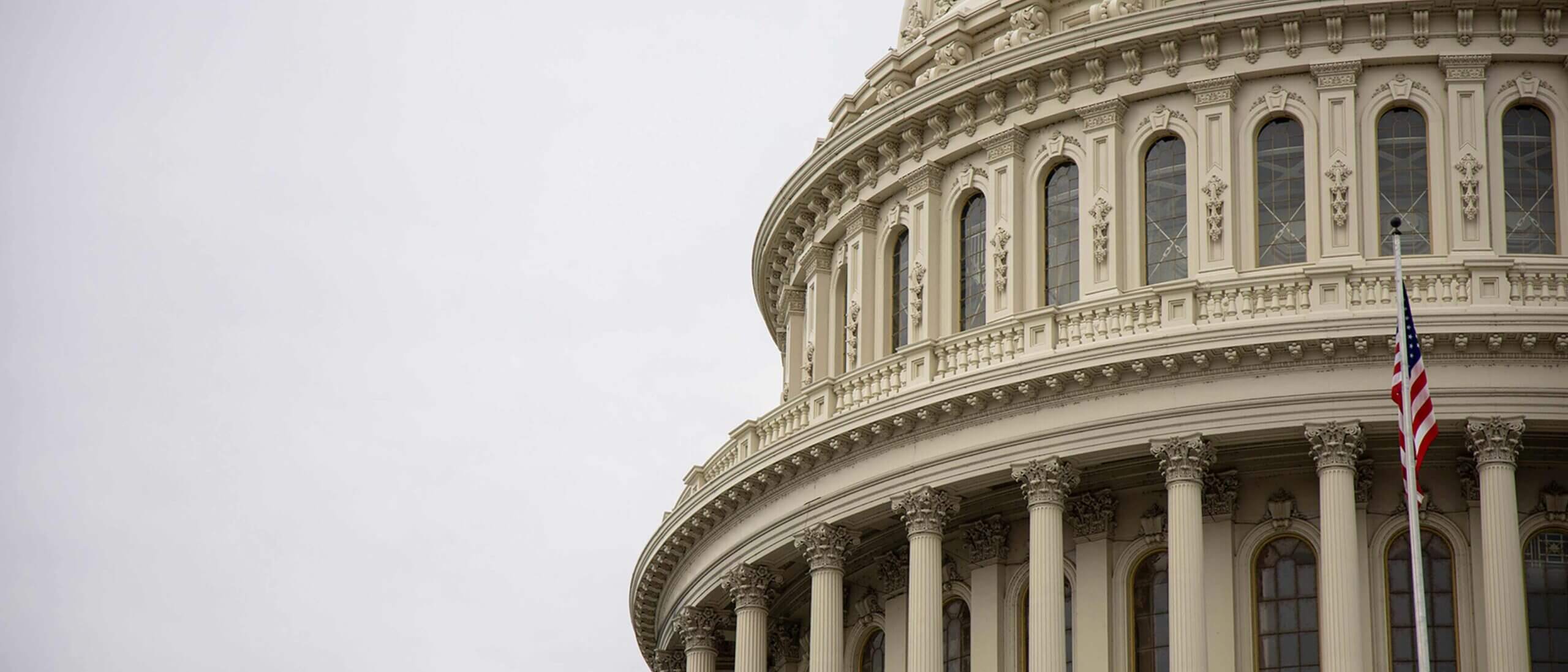Legislative Cleanup: California Senate Attempts to Clear Up S.B. 1343 Sexual Harassment Training Confusion
On February 26, 2019, California Senate Bill 778 was introduced to clear up confusion about when employers are required to provide employees with sexual harassment prevention training and education under the California Fair Employment and Housing Act (as amended by Senate Bill 1343) and when retraining is required. Read about S.B. 1343 in our blog.
What is the Law Now?
As the law reads now, an employer with five or more employees must provide classroom or other effective interactive training and education regarding sexual harassment prevention (at least two hours to all supervisory employees and at least one hour to all nonsupervisory employees in California) within six months of an employee’s assumption of a position. Current law also states that employers who have provided this training to employees after January 1, 2019, are not required to provide sexual harassment training and education by the January 1, 2020 deadline.
What are the Proposed Changes?
Senate Bill 778 only changes about three sentences in the law, but these small changes will carry significant weight if the bill passes as predicted. Here are some of the key portions of the FEHA, at Cal. Govt. Code § 12950.1, that would be amended (current law in regular type, new law in italics, removed law in bold) by 778:
“By January 1, 2020, an employer having five or more employees shall provide at least two hours of classroom or other effective interactive training and education regarding sexual harassment to all supervisory employees and at least one hour of classroom or other effective interactive training and education regarding sexual harassment to all nonsupervisory employees in California within six months of their assumption of a position. position, and thereafter refresher training to each employee once every two years. An employer may provide this training in conjunction with other training provided to the employees. The training may be completed by employees individually or as part of a group presentation, and may be completed in shorter segments, as long as the applicable hourly total requirement is met. An employer who has provided this training and education to an employee after January 1, 2019, 2018, is not required to provide refresher training and education by the January 1, 2020, deadline. After January 1, 2020, each employer covered by this section shall provide sexual harassment training and education to each employee in California once every two years. until after December 31, 2020.”
If enacted as written, this would mean the following for covered employers under S.B. 778:
- After providing the mandatory training and education, employers must provide a “refresher training” for each employee once every two years; and
- If an employer provided sexual harassment prevention training and education to employees after January 1, 2018, then they are not required to do so again until after December 31, 2020.
Of note, the bill does not provide a description of a “refresher training.”
If enacted, S.B. 778 clarifies the issue of whether employees need to be retrained even if they were trained in 2018. The answer is no.
Just to rephrase, under the terms introduced by S.B. 778:
- Training must be provided to employees by January 1, 2020;
- Thereafter, refresher training must be provided to each employee once every two years; and
- If an employer provided training in 2018, then it would not need to retrain in 2019 but rather, refresher training and education would not be required to be provided until after December 31, 2020.
How Does This Impact My Workplace?
Right now, S.B. 778 has zero impact on your workplace. Is the bill interesting? Yes! Does it change anything today? No! That is because the bill has merely been introduced and is not an enacted law.
Additionally, the history of actions on the bill (viewable on this page) states that it may be acted upon on or after March 29, 2019.
What Now?
Experts predict this bill will move to enactment without modification. So if it is enacted, then your workplace could be directly impacted.
But don’t forget, California AB 1825 training is still required on a two year cycle! So as always, in implementing a best practice approach, employers that did not provide sexual harassment prevention training for their supervisory employees in 2018 (because their two-year cycle hit in 2019) must ensure the AB 1825 training is met this year.
Moreover, we recommend that employers provide non-supervisory employees with the sexual harassment prevention training and education as required under S.B. 1343. The intent of S.B. 778 is to clarify timelines, not circumvent or deviate from training. Moreover, the spirit of the law remains the same, to ensure that employers provide ALL employees with the necessary education and training to function and conduct themselves in a workplace that is free from sexual harassment.
ThinkHR Can Help
ThinkHR recognizes the significant risks that center around people within an organization, and is the only service provider to introduce an end-to-end people risk management solution. Learn more about ThinkHR’s Workplace Harassment Prevention or our People Risk Management solution.


